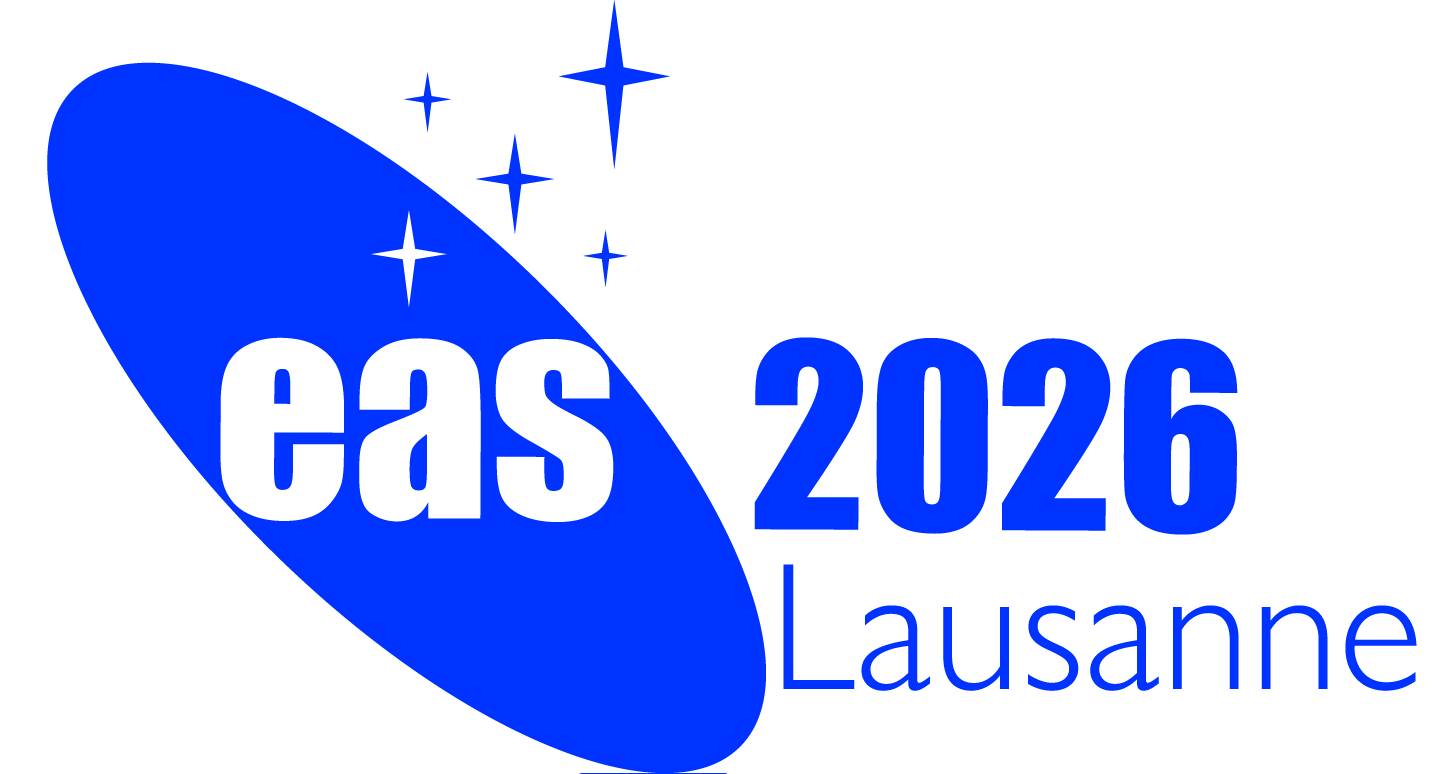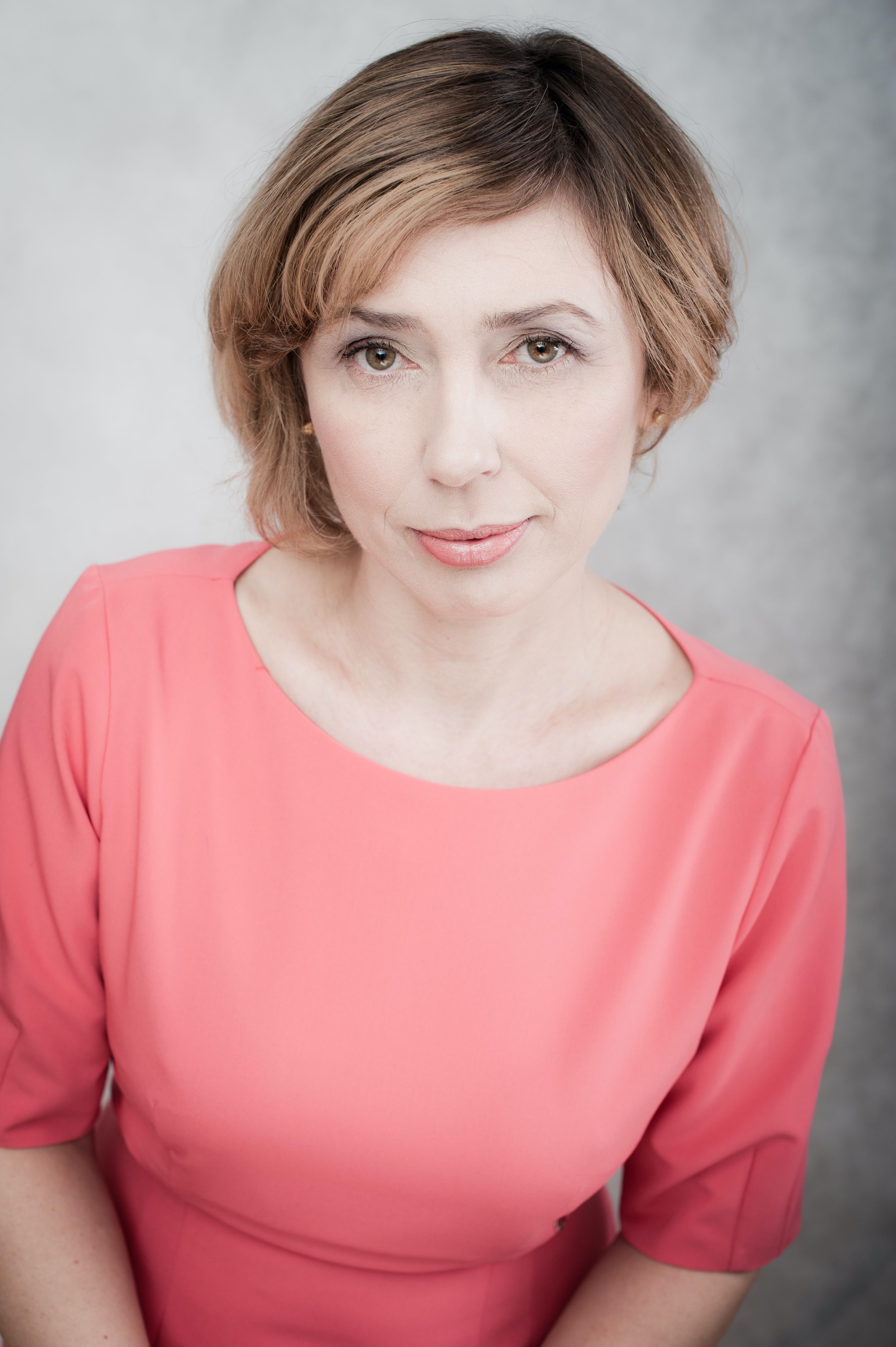
|
European Astronomical Society |

|
About EAS |
Activities
EAS Prizes/Fellows |
Service Centre |
The EAS Council meets virtually several times each year and twice a year in person, at the annual meeting and in the winter. I was delighted to host the Council earlier this month in Oxford along with representatives of the Affiliated Societies who joined for our, mostly online, business meeting. Much of the content of our discussions is reported in this Newsletter. I announced at the General Assembly in Krakow that I would be stepping down as President at the Padova meeting, before the end of my second term. In this circumstance our constitution requires the Council to elect an Interim President to complete the term. I am delighted to report that the Council has selected Sara Lucatello of INAF Osservatorio Astronomico di Padova to serve as Interim President until 2026. It has been an enormous honour to serve as your President for seven years but it is time for new leadership and I wish Sara every success in the role and hope she enjoys it as much as I have.
▸ Read more
We had a wonderful Annual Meeting in Kraków, outstanding plenary presentations, a memorable celebration of the first decade of MERAC prizes, and a stimulating science programme. Many thanks to the organisers who, in addition to assembling a full scientific programme, put together a set of social events that gave us a real flavour of their historic city. I am very much looking forward to this year's meeting in Padova which has received a record number of requests for scientific sessions. I am grateful for the outstanding commitment of Lex Kaper, the Annual Meeting Board Chair, and his colleagues in the local committee who are working hard to organise another splendid meeting.
The Society relies for its financial health on the community of organisational members that support us. I am delighted to report that two new organisations have joined: the Leibniz Institute for Astrophysics Potsdam at the Affiliate level, and the Netherlands Research School for Astronomy (NOVA) which joins at the Patron level. We are very grateful for their support and the support of their communities and look forward to hearing more from them in future Newsletters.
At the Council meeting we had an extensive discussion of the rapid developments regarding satellite constellations, both technical and regulatory. We are fortunate to have an active Working Group in this area to keep us informed. Industrial activity is developing apace and efforts to control and regulate these activities are significantly slower. There are a range of dangers posed by the rapid deployment of huge numbers of satellites to the future exploitation of astronomical facilities but more importantly there are potentially risks to commercial aircraft and worrying implications for the earth's atmosphere. Sara Lucatello reports on the Zero Degree Charter in this Newsletter. This is a topic which will require our sustained vigilance and action if the worst outcomes are to be avoided.
I close by wishing all members of the EAS a happy, productive and peaceful 2024.
Following the resignation of Roger Davies as Council President before the end of his term, as announced during the GA 2023 in Krakow, as well as meeting the requirements of the EAS constitution, the Council has appointed Sara Lucatello of INAF Osservatorio Astronomico di Padova to complete the term and serve as Interim President until 2026. Sara will take up duty at the General Assembly 2024 in Padova. After this period regular elections for new Council President will be held in line with the EAS constitution.
▸ Read more
In the coming months elections will be held for the term 2024-2028. The statutory 4-year terms of Vice-President Lex Kaper, Councilors Antoaneta Antonova and Agata Różańska end at the GA 2024. In addition, the Councillor position currently held by Jarle Brinchmann, who was nominated by Council to fill in the position left open by Councilor Georges Meylan in 2022, will need to be filled. While the above Council members are expected to run for another 4-year term, the EAS membership will need to elect 2 new Council members to fill the positions of Sara Lucatello, and Inma Dominguez who stepped down at the GA 2023.
We invite the EAS membership to propose names (self-nominations are allowed) until mid-February. The names should be sent to eas @ unige.ch together with a short explanation and the assurance that the candidate is willing to serve if elected. A Nominating Committee will then propose a balanced slate of candidates. It may propose to reconfirm Council members eligible for a second term. In any case, the slate will include more candidates than the number of vacant posts. The proposed slate will then be sent to all Ordinary Members by email to cast their vote.
The European Astronomical Society extends an invitation to early-career scientists, defined here as those with less than 5 years post-PhD experience (including PhD students who are close to defending their theses), and who are affiliated with European Research Institutes and Universities, to submit their applications for the next HERA workshop, scheduled on Sept. 15-20, 2024 in Athens, Greece.
This year is under the theme: "The Nature and Dynamics of Structures, Observed in Galactic Discs".
▸ Read more
The workshop is a great opportunity to present your research, engage in interaction with other researchers and with the invited senior lecturers, initiate new collaborations, broaden your perspectives and learn about the Center for Astronomy and Applied Mathematics of the Academy of ATHENs (RCAAM). Each day will start with a lecture of an invited senior scientist, followed by presentations of the participants. The social part of the program will provide plenty of opportunities for interaction, exploring the local environment and learning about the local science. The Wilhelm and Else Heraeus Foundation will subsidise the local expenses for all participants.
Deadline for applications is April 30th, 2024. For more information and registration, please visit the HERA24 workshop webpage.
Last annual meeting in Poland was a great success, with roughly 1600 astronomers attendees, over 1400 of which attended in person in Kraków. It was a very full week with presentations of outstanding results from the groundbreaking instruments, accompanied by important scientific meetings and community engagement events. Participants could hear the news about development and operation of the world's largest observatories as: SKAO, VLBI, Euclid, JWST, ALMA, Gaia. We could learn: how to put the Universe in a box, Astrochemistry, Hubble tension, Multi-dimensional simulations of star interiors, Black holes and planets in our Galaxy, and the importance of hands-on sessions in developing countries.
▸ Read more
We hope all of you had a great time attending both the scientific and social events such as the Gala dinner or Student events. Following experiences from Valencia, the 5 km Astro-Run was organised along the Vistula river. The classical music concert of Bach, Chopin and improvisations around vocal music of the Renaissance, was very well received, according to evident connections between astronomy & music. Looking forward to meeting you in 2024.
We invite all members to participate in the upcoming
EAS Annual Meeting 2024 which will be held at the Padova Congress, Padova, Italy. Over 150 expressions of interest to organize a session were received. The SOC, co-chaired by Bianca Poggianti from INAF - Astronomical Observatory Padova, and Giuseppina Micela from INAF - Astronomical Observatory of Palermo, have selected the Symposia, Special, and Lunch sessions to take place during the meeting. Registration and abstract submission will open by the end of January.
The XXXII General Assembly of the International Astronomical Union will take place in Cape Town, South Africa, from August 6 to 15, 2024. This is the first time that the meeting is hosted in the African continent.
Astronomy is a burgeoning scientific discipline in Africa, with active teaching and research in many countries. However, limited funding poses challenges, especially for students and early-career researchers who may lack resources to attend professional conferences. Recognising the transformative impact of participating in such events, the Large Synoptic Survey Telescope Discovery Alliance, in collaboration with the African Astronomical Society and the National Organizing Committee of the IAU General Assembly is raising funds to support African astronomers to attend the IAU General Assembly in their ow
▸ Read more
The EAS is inviting the European astronomical community to contribute to this initiative, supporting African colleagues. The entirety of the funds received will be directed to the African Astronomical Society (AfAS) . Contributions exceeding the demand for travel support through this program will be used by AfAS to support astronomy programs in Africa. Donations can be made through this link.
Building on the momentum of sessions in four of the last six EAS Annual Meetings, an
AfAS-EAS special session will be organised at the AfAS-2024 conference from 15 to 20 April in Marrakech (Morocco). It aims at highlighting and expanding the reciprocal relationship between African and European astronomical communities. It will be attended by two EAS Councillors and we encourage other EAS members to attend the meeting.
The
Zero Debris Charter
is a collaborative effort led by the European Space Agency (ESA) and involves over 40 space stakeholders, including the European Astronomical Society. Released to address escalating risks associated with the increase of space debris orbiting around the Earth, the charter also recognizes the impact on dark and quiet skies, particularly significant for ground-based astronomical infrastructures.
The
charter outlines principles and actions to prevent and mitigate space debris and establishes guiding principles to reduce adverse effects of debris on the environment and on the night sky. By bringing together a diverse community of space stakeholders, including industry, government agencies, international organizations, universities, and non-profit foundations, the charter conveys a commit
▸ Read more
The charter is now open for signing by other organisations and companies, on an ongoing basis stated
here.
The
Zero Debris Charter - Frequently Asked Questions section provides useful information on the principles of the charter and the usefulness of joining it.
About the EAS and the e-NewsletterThe European Astronomical Society (EAS) is a society of professional astronomers founded in 1990 and aiming at promoting and advancing astronomy in Europe. Its contact point is the EAS Office, located at the University of Geneva, Switzerland. Started in 2016, the e-Newsletter is a prime communication tool between the society and its members, and it is issued three to four times per year.
|
Composition of the EAS Council
|
 If you would like to contribute, please contact
If you would like to contribute, please contact